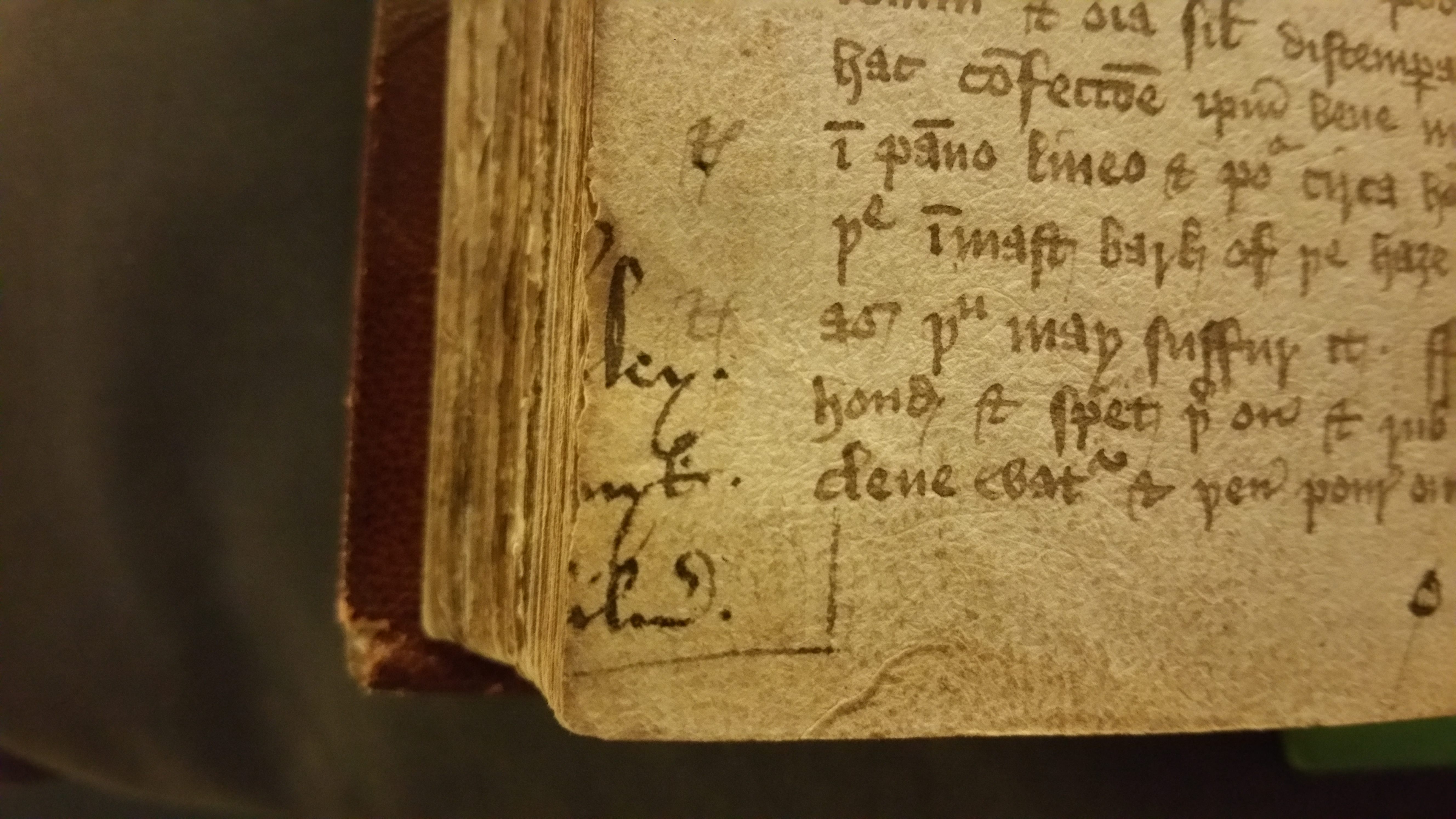MELD is a text corpus consisting of local documents: administrative texts and letters that can be related to specific locations. It is intended as a resource for linguists and historians alike, and for anyone interested in the everyday life of people in late medieval England.
The texts in MELD are from the period 1399-1525, the time when English began to be used in administration. There was no written standard and the language is highly variable. Unlike literary texts, local documents represent the writing and lives of real people, and are usually precisely dated. This makes them of great interest for the study of language change and variation.
The texts were collected during four years of archive visits all over England, visiting all county record offices as well as several libraries, castles and cathedral archives. They were then transcribed, usually from photographs taken by ourselves. This makes MELD different from many historical corpora, which are based on printed editions.

Go directly to the corpus page
The corpus is produced in four versions meant for different uses. All of these may be downloaded from this website. The Base version preserves our own coding and commentary, and gives the fullest information about the text as it appears in the manuscript. The Concordance version provides text files that are especially designed for use with a concordancer or other corpus software. The Readable version is similar to a traditional edition, and is meant for easier reading and browsing. Finally, the Diplomatic version is similar to the Readable one, but reproduces abbreviations and symbols iconically.
The corpus is accompanied by an Introduction and a Manual. There is also a readable (and printable) Catalogue, as well as a spreadsheet containing metadata in a searchable format.
The publication of MELD is ongoing. The current version, MELD 2017.1, is completed but parts are still being prepared for publication. At the moment, the published material consists of 840 texts, all from the East and South of England, making up a total of xx words. We hope to be able to publish the entire corpus, which consists of over 2,000 texts, in the near future; an extended version is also on its way.





